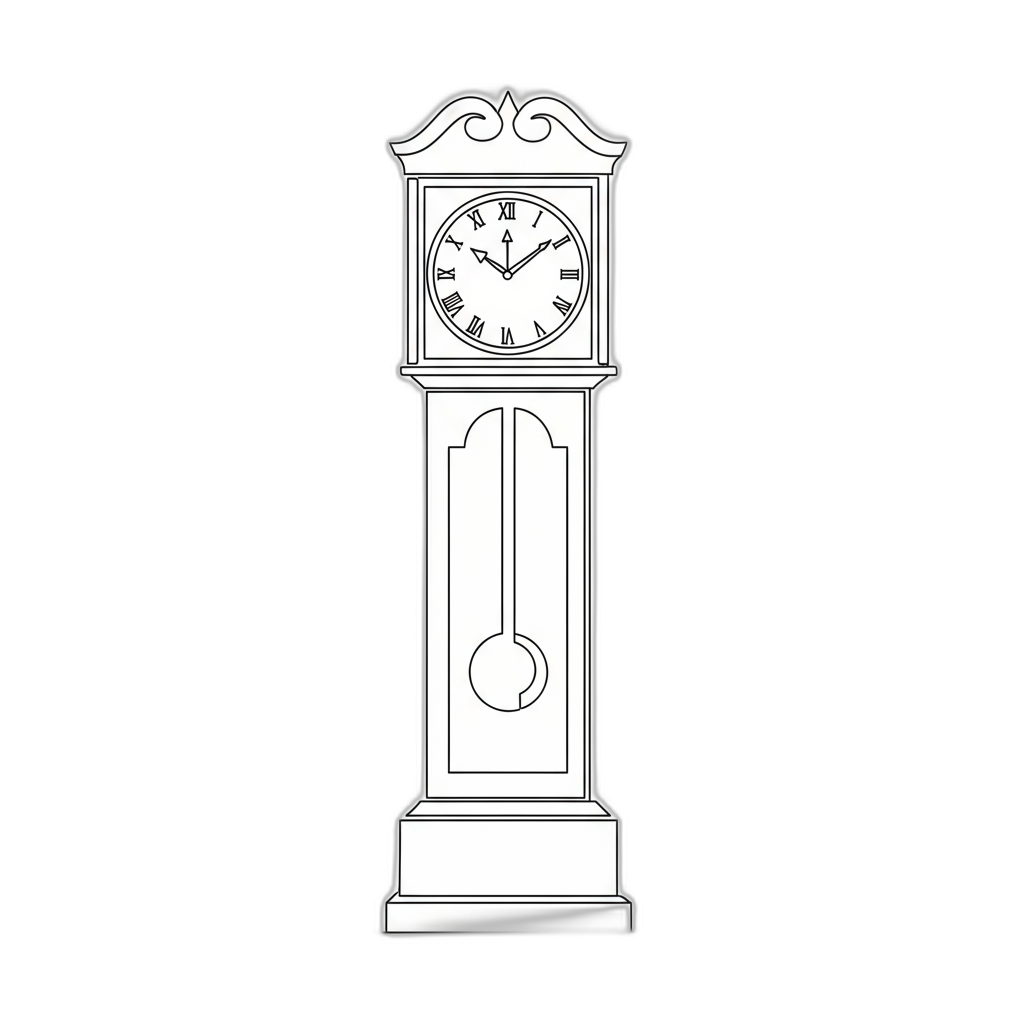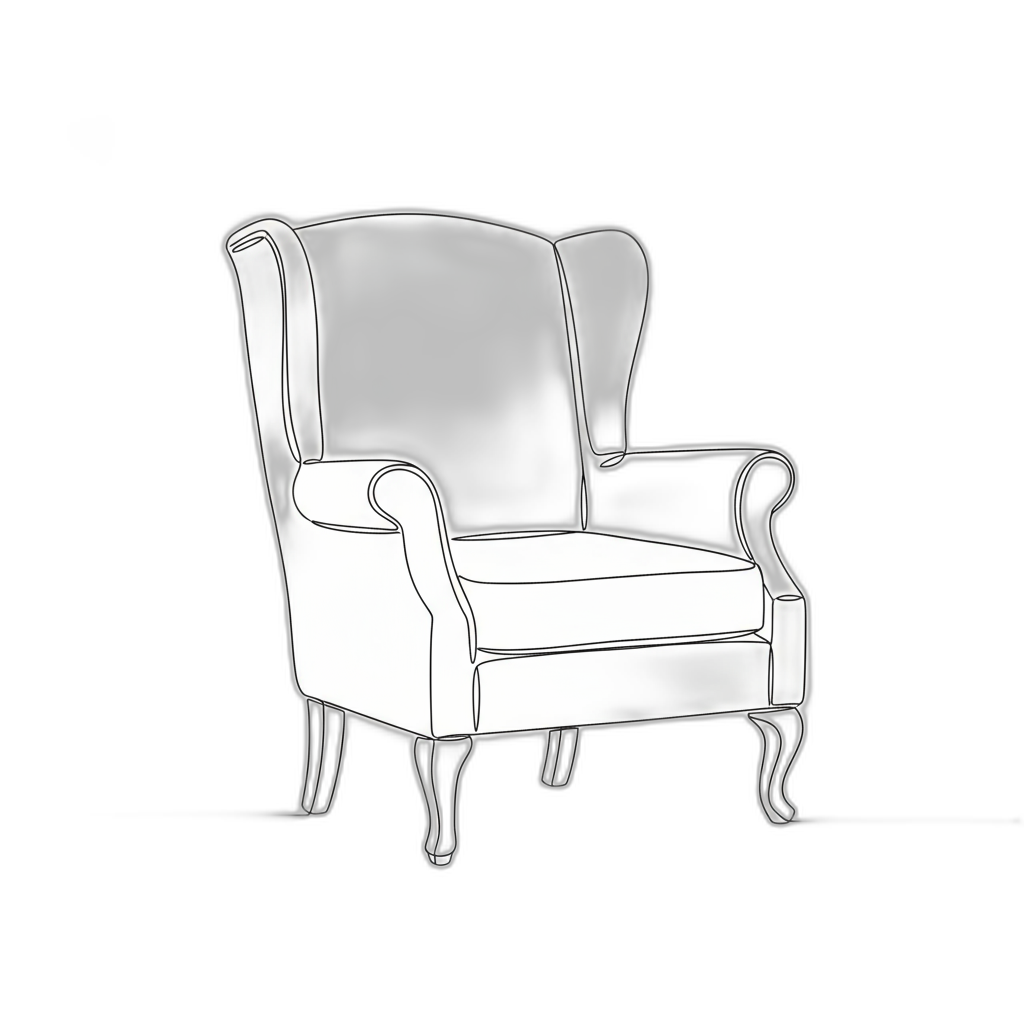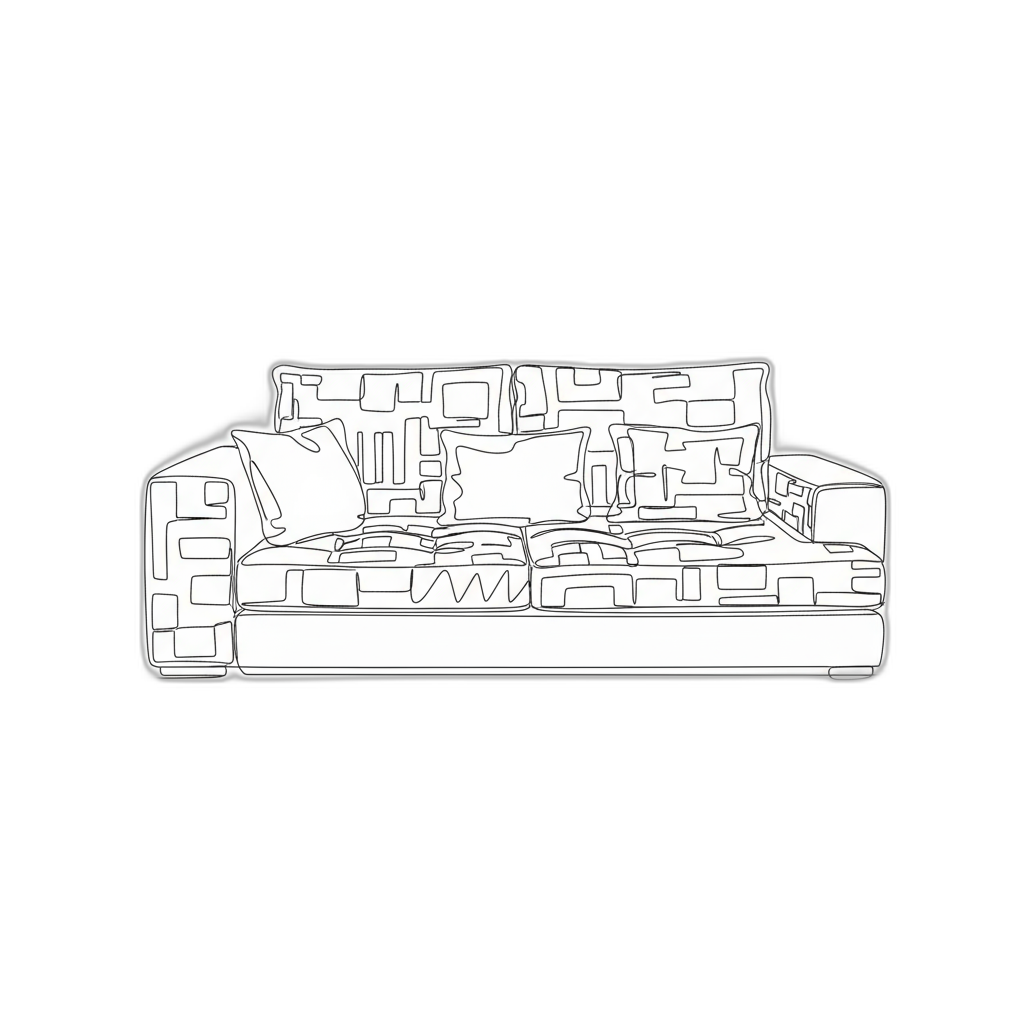






5-Star Service, Trusted & Loved by Hundreds
Your Appraiser Search Ends Here
Your Appraiser Search Ends Here
.avif)

Nationwide Coverage – Appraisals Anywhere in the US

Get it done Onsite or Online

Any Asset, Covered

Defensible for Any Purpose
Frequently Asked
Questions
No Frequently Asked Questions Found.
The fundamental principle behind estate tax involves assessing the total value of an individual's estate at the time of their passing. As of 2023, the federal estate tax exemption stands at $12.92 million for individuals and $25.84 million for married couples, meaning estates below these thresholds typically avoid federal taxation. However, the landscape becomes more complex with state-level estate taxes, which may have significantly lower exemption limits.
Calculating estate tax involves a multi-step process that begins with determining the gross estate value. This comprehensive valuation includes diverse assets such as residential properties, financial accounts, investment portfolios, life insurance policies, and personal valuables like artwork or jewelry. After establishing the gross value, specific deductions are applied, including outstanding debts, funeral expenses, and estate administration costs.
The resulting taxable estate is then subject to progressive tax rates, where the tax percentage increases proportionally with the estate's total value. This intricate system underscores the importance of strategic estate planning. Individuals can potentially minimize tax liability through carefully considered approaches like strategic asset gifting, establishing trusts, or making charitable contributions.
While estate tax may seem daunting, it serves as a mechanism for wealth redistribution and government revenue generation. Proactive planning and professional guidance can help individuals navigate these complex regulations, ensuring a more efficient transfer of assets to intended beneficiaries while potentially reducing tax burdens.
When a loved one passes away, the executor faces the intricate task of determining the estate's total value precisely at the date of death. A professional appraisal becomes indispensable in this process, offering an objective and defensible valuation that meets strict IRS requirements. This detailed assessment helps prevent potential legal complications and ensures accurate tax reporting.
The valuation process goes beyond mere number-crunching. It provides a clear snapshot of an estate's fair market value, which is crucial for calculating potential tax liabilities. Different types of assets—from real estate and business interests to personal property and investments—require specialized expertise to evaluate accurately.
Importantly, these appraisals can reveal potential tax-saving opportunities. Skilled appraisers can identify valuation discounts for specific assets, potentially reducing the overall tax burden. This might include considerations for minority ownership interests, lack of marketability, or other nuanced financial factors that can impact an estate's taxable value.
For families navigating the emotional challenges of estate settlement, a professional appraisal offers transparency and objectivity. It provides a neutral foundation for asset distribution, helping to minimize potential conflicts among heirs and ensuring a fair assessment of the estate's worth.
Beyond immediate tax implications, these appraisals serve as a critical tool for long-term financial planning. They provide valuable information for future decision-making, helping families and financial advisors develop strategic approaches to estate management and potential asset transitions.
Professional appraisers conduct an in-depth examination considering key factors such as age, condition, craftsmanship, materials, and historical significance. They carefully assess the furniture's physical characteristics, including the quality of construction, original materials, and overall preservation state. Specific design elements like wood type, joinery techniques, surface finishes, and manufacturing methods play crucial roles in determining value.
The appraisal process extends beyond visual inspection, incorporating extensive research into comparable market sales, auction records, and current collector trends. Appraisers analyze historical context, examining how specific design periods, manufacturers, and artistic movements impact a piece's desirability and potential financial value. Unique provenance, rare design elements, and original condition can dramatically influence an item's overall appraisal.
Expertise in furniture history, materials science, and market dynamics allows appraisers to provide nuanced, accurate valuations that reflect both the item's intrinsic qualities and its current market positioning. This comprehensive approach ensures a thorough and precise assessment that goes well beyond simple visual estimation.
The online appraisal process is designed to be both flexible and comprehensive. Clients are usually required to provide extensive information about their furniture, including precise dimensions, manufacturing details, current condition, age, and any distinctive characteristics that might influence its value. High-quality, multiple-angle photographs are crucial for enabling appraisers to make accurate assessments.
Advanced technological platforms now support various interactive appraisal methods. Live video consultations through platforms like Zoom or Skype enable real-time communication, allowing appraisers to request additional visual information or ask specific questions about the item. This interactive approach helps bridge the gap between traditional in-person assessments and remote evaluations.
Remote appraisals offer significant advantages, particularly for individuals with scheduling constraints, mobility limitations, or geographical challenges. Clients can undergo professional furniture valuations from the comfort of their home, eliminating the need for complicated logistical arrangements or transportation of potentially fragile items.
While online appraisals provide remarkable convenience, clients should understand that the accuracy of the assessment depends heavily on the quality and comprehensiveness of the information submitted. Clear, well-lit photographs and detailed, honest descriptions are essential for obtaining a reliable valuation.
The digital appraisal landscape continues to evolve, with professionals leveraging sophisticated technologies to deliver precise and trustworthy evaluations. For those seeking a convenient, efficient approach to understanding their furniture's value, online appraisals represent a modern solution to traditional valuation challenges.
Antique furniture appraisers represent a critical subset of this profession, focusing on pieces with significant historical value. They possess deep knowledge of period-specific design elements, manufacturing techniques, and cultural influences. Their expertise allows them to authenticate and precisely value items over a century old, distinguishing genuine antiques from skillful reproductions.
Contemporary furniture appraisers specialize in more recent designs, tracking current market trends and understanding the nuanced value of modern pieces. These professionals are particularly adept at evaluating furniture from the past few decades, considering factors like designer reputation, manufacturing quality, and current aesthetic preferences.
Collectible furniture appraisers occupy a unique niche, concentrating on pieces that hold special significance within collector communities. They understand the complex ecosystem of collector markets, assessing value based on rarity, historical importance, and desirability among specialized enthusiasts.
Specialty furniture appraisers develop deep expertise in specific styles or categories, such as mid-century modern or artisan-crafted pieces. Their targeted knowledge allows for precise valuations that consider the subtle characteristics unique to particular design movements or crafting traditions.
Furniture restoration appraisers bring technical insight into how preservation and restoration impact an item's value. They evaluate the potential and limitations of restoring a piece, providing critical guidance on maintaining or enhancing its market worth through careful intervention.
Selecting the right appraiser requires careful consideration of the specific furniture in question and the purpose of the valuation, ensuring a comprehensive and accurate assessment.
Insurance documentation represents a primary driver for obtaining furniture appraisals. Comprehensive valuations ensure homeowners can secure appropriate coverage and expedite claims processes in the event of loss, theft, or damage. Precise documentation becomes instrumental in protecting significant investments and providing clear evidence of an item's worth to insurance providers.
Estate planning and legal proceedings also benefit substantially from professional furniture appraisals. When distributing assets among heirs, accurate valuations help create equitable divisions and minimize potential familial conflicts. These assessments provide transparent, objective information about furniture's market value, facilitating smoother inheritance transitions and legal settlements.
Charitable donations involving high-value furniture require professional appraisals to validate tax deduction claims. When furniture exceeds certain monetary thresholds, documented assessments become essential for substantiating donation values and maximizing potential tax benefits.
Divorce proceedings frequently rely on furniture appraisals to determine fair property division. Professional evaluations offer neutral, fact-based assessments that help reduce emotional tension and streamline settlement negotiations by providing clear, defensible property values.
Collectors and antique enthusiasts particularly benefit from professional appraisals, gaining insights that inform purchasing, selling, and maintaining valuable collections. Understanding precise market values empowers informed decision-making and prevents potential financial misjudgments.
Ultimately, furniture appraisals represent more than simple monetary assessments. They provide comprehensive insights that protect financial interests, facilitate legal processes, and offer peace of mind across numerous personal and professional contexts.
Understanding Furniture Appraisals
Understanding furniture appraisals is crucial for individuals dealing with gift or estate tax, as these assessments provide an accurate valuation of personal property. Furniture appraisals involve a thorough examination of items, considering factors such as age, condition, provenance, and market trends. Accurate appraisals ensure that the value claimed on tax returns reflects current market conditions, protecting both the estate and heirs from potential tax liabilities. Additionally, a professional appraisal can substantiate donations for tax deductions or assist in divorce settlements.
In the context of estate planning, it is essential to recognize that the value of furniture can fluctuate based on various factors, including collector interest and economic conditions. Engaging a certified appraiser not only lends credibility to the valuation process but also offers peace of mind that the appraisal adheres to industry standards. Furthermore, a well-documented appraisal report can be invaluable during disputes or audits, providing clear evidence should questions arise regarding the appraised values. Understanding these elements can ultimately facilitate more effective financial planning and ensure compliance with tax regulations.
Importance of Furniture Appraisals in Estate and Gift Tax
Furniture appraisals play a crucial role in determining the fair market value of items being transferred as gifts or included in an estate for tax purposes. Accurate appraisals are essential not only for estate planning but also for ensuring compliance with tax regulations. Inadequate valuation can lead to underreporting or overreporting of an estate's worth, which may result in financial penalties or audit risks from the IRS.
When it comes to estate tax, the value of furniture can significantly impact the total worth of an estate. By obtaining a professional appraisal, individuals can establish a clear and documented value that reflects the current market conditions. This process helps heirs understand the financial implications of inherited items and supports proper distribution according to the decedent's wishes, mitigating potential disputes among beneficiaries.
Similarly, for gifts, having an accurate appraisal is vital for both the giver and the recipient. A proper valuation ensures that any gift tax obligations are appropriately calculated and met, maintaining transparency in the transaction. Furthermore, documenting the value of significant pieces adds a layer of protection for both parties should the IRS require proof of value during a review or audit.
Types of Furniture Eligible for Appraisal
When considering furniture for appraisal, it's important to recognize that a wide variety of items qualify under this category. Antique pieces, contemporary designs, and even custom-made furniture can all be appraised. Each of these items may carry different values depending on their age, brand, material, condition, and market demand. Understanding the specifics of these categories can help ensure that the appraisal accurately reflects their worth for gift or estate tax purposes.
Antique furniture, typically defined as being at least 100 years old, often requires specialized appraisal due to its historical significance and craftsmanship. Items such as vintage desks, ornate chairs, and handcrafted tables can have substantial value based on their provenance and rarity. On the other hand, contemporary furniture, which includes modern designs produced within the last few decades, can also be appraised, especially if it is made by recognized designers or brands. Custom-made furniture that is unique in design may also hold significant financial and sentimental value, warranting professional assessment.
Additionally, specific types of furniture may be more relevant to certain contexts, such as family heirlooms, collectibles, or pieces used in staging a home for sale. Collectibles may include limited edition or artist-signed items, which can significantly influence their market value. Moreover, items that are part of an estate, especially those inherited or gifted, need careful appraisal to determine their appropriate value for tax obligations. By understanding the various types of eligible furniture, individuals can make informed decisions when seeking appraisals for these valuable items.
The Appraisal Process: What to Expect
The appraisal process for furniture intended for gift or estate tax purposes typically begins with selecting a qualified appraiser who specializes in personal property evaluations. This expert will examine the pieces in question, taking into account factors such as age, condition, provenance, and market demand. Detailed research is often essential to establish a fair market value, which is the price that a knowledgeable buyer would be willing to pay for the item under normal circumstances.
During the appraisal, the appraiser will assess not only the physical characteristics of the furniture but also any historical significance it may carry. High-value pieces, such as antiques or designer items, often require a more in-depth analysis and comparison to similar sold items in the market. To ensure accuracy, appraisers may consult a range of resources, including market reports and auction house records, while also considering the specific context of the item within the estate or gift.
Once the assessment is complete, the appraiser will produce a formal appraisal report. This document outlines the appraiser’s findings and includes descriptions of the furniture as well as its estimated value. The report becomes a vital component in tax filings, as it helps to substantiate the value of the furniture for gift or estate tax purposes, ensuring compliance with legal requirements and protecting the interests of both the giver and the recipient.
Choosing the Right Appraiser for Your Furniture
Choosing the right appraiser for your furniture is crucial, particularly when it comes to issues related to gift or estate tax. Look for a certified appraiser with experience in valuing furniture, as they will have a solid understanding of various styles, periods, and market trends. This expertise not only contributes to accurate valuations but also ensures compliance with IRS regulations, which can be intricate and specific.
It's essential to verify the appraiser’s qualifications and reputation within the industry. Check for certifications from recognized appraisal organizations, and consider their history of experience in dealing with similar assets. Additionally, reading client testimonials can provide insights into their professionalism and approach, helping you make an informed choice.
Lastly, ensure that the appraiser communicates clearly and is willing to discuss their methodology. A transparent approach can offer peace of mind, as it allows you to understand how the value was determined. This open dialogue not only aids in the appraisal process but also prepares you for any potential inquiries from tax authorities, especially regarding valuations for estate planning or gift documentation purposes.
Factors Influencing Furniture Value
When it comes to furniture appraisals, several factors play a crucial role in determining its value. The first consideration is the age and condition of the piece; antiques and vintage items often carry higher worth, especially if they are well-preserved. Additionally, the provenance or history of ownership can significantly enhance value, particularly when furniture was once owned by notable figures or featured in significant events. Recognizing the craftsmanship—whether it be the materials used, the techniques employed in construction, or the style—also contributes greatly to the appraisal.
Market demand is another key element influencing furniture value. As trends evolve, certain styles may see a resurgence, driving up values as collectors seek specific pieces. The original manufacturer and the rarity of the item can also change its marketability, with pieces from renowned designers often commanding premium prices. Overall, a comprehensive appraisal takes into account these multifaceted aspects, ensuring that furniture is accurately valued for gift or estate tax purposes.
Common Methods for Appraising Furniture
When appraising furniture, several common methods can be employed to determine its value accurately. One of the most recognized methods is the sales comparison approach, which involves comparing the furniture in question to similar pieces that have recently sold in the market. This method considers factors such as condition, age, and provenance to compute a fair market value. Additionally, the wholesale or retail replacement cost approach can provide insights by estimating how much it would cost to purchase a similar item today.
Another effective method for furniture appraisal is the income capitalization approach, particularly relevant for pieces that generate rental income or are part of a business inventory. This approach evaluates the potential earning capacity of the asset over time. Professional appraisers may also incorporate personal property regulations and historical significance into their assessments, ensuring a well-rounded evaluation. Utilizing multiple methods provides a more comprehensive understanding of the furniture’s worth, which is especially important when dealing with gift or estate tax considerations.
Legal Requirements for Appraisals in Estate and Gift Tax
When it comes to estate and gift tax, legal requirements for appraisals play a crucial role in ensuring compliance with tax regulations. The Internal Revenue Service (IRS) mandates that any property valued over a specific threshold, including furniture, must be appraised by a qualified appraiser. This process involves a fair market valuation, which reflects what the property would sell for on the open market, thereby offering an accurate representation of its value for tax purposes.
For estates, a formal appraisal of furniture is often necessary during the probate process, as it helps determine the total value of the estate. This valuation affects how taxes are assessed and helps ensure an equitable distribution of assets among heirs. Additionally, gifts made during one's lifetime exceeding the annual exclusion amount require proper valuation and reporting to the IRS, necessitating an appraisal to document value and avoid future disputes.
It is vital that appraisals meet the standards set forth by the IRS and use recognized methodologies. Qualified appraisers are typically certified and possess expertise in the specific items being appraised, which lends credibility to the valuation process. Ensuring that the appraisal complies with legal requirements not only safeguards against legal repercussions but also aids in the accurate reporting of taxes owed, thus protecting the interests of both the giver and the recipient.
How to Prepare for a Furniture Appraisal
Preparing for a furniture appraisal involves several key steps to ensure a smooth and productive process. First, it is essential to gather all relevant documentation related to the pieces you wish to appraise. This may include purchase receipts, provenance documents, and any previous appraisals, as these can provide valuable context and enhance the appraiser's understanding of the furniture's history and value.
Next, it’s advisable to clean and organize the furniture items you want to have appraised. This not only helps the appraiser in assessing the condition of each piece but also allows for a more accurate valuation. Removing any personal items or clutter around the furniture can facilitate a clearer view of the pieces and help highlight their unique characteristics.
Lastly, consider creating a detailed inventory list that includes descriptions, dimensions, and noteworthy features of the furniture. This will help guide the appraiser during the evaluation and ensure that nothing is overlooked. By taking the time to prepare adequately, you can enhance the appraisal process and achieve a valuation that reflects the true worth of your furniture.
Documenting Furniture Values for Tax Purposes
When it comes to documenting furniture values for gift or estate tax purposes, it's essential to have a clear understanding of the fair market value (FMV) of the items in question. FMV is defined as the price that property would sell for on the open market between a willing buyer and a willing seller. This value can fluctuate based on various factors, including the item's condition, historical significance, brand reputation, and current market trends. Gathering detailed information about these pieces can help ensure that their worth is accurately assessed and documented.
To effectively document furniture values, appraisals should be conducted by qualified professionals who specialize in the field. Certified appraisers can provide comprehensive evaluations that include written reports, photographs, and appropriate supporting documentation, which are crucial for tax reporting. Moreover, having these appraisals on file not only aids in meeting IRS requirements but also offers peace of mind regarding compliance and the accurate assessment of one's estate or gifting strategies. Keeping meticulous records can safeguard against disputes and help beneficiaries understand the value of their inherited or gifted items.
The Role of Market Trends in Furniture Appraisals
Market trends play a crucial role in determining the value of furniture for gift or estate tax purposes. The worth of furniture can fluctuate based on various factors, including demand, rarity, and changes in consumer preferences. Understanding these market dynamics helps appraisers assess the current worth of items accurately, ensuring that appraisals reflect the most updated trends in the furnishing industry.
For instance, certain styles or periods of furniture may experience revival due to fashion trends, significantly impacting their value. Moreover, economic conditions can also shift buyer sentiment, influencing what consumers are willing to pay for particular pieces. By staying informed about these trends, appraisers can provide more precise evaluations, which is essential for accurate tax reporting and estate planning.
Frequently Asked Questions About Furniture Appraisals for Tax Compliance
When dealing with tax compliance, understanding the nuances of furniture appraisals is essential. These appraisals can serve as critical documentation when reporting value for gift or estate tax purposes. It is important to ascertain the fair market value of furniture items, as the IRS mandates that valuations be accurate and justifiable. Failure to comply with these requirements may result in penalties or disputes with tax authorities, making a professional appraisal a prudent step.
A furniture appraisal involves a thorough examination of each piece, considering factors such as age, condition, provenance, and market demand. Appraisers typically refer to recent sales data and market trends to establish an appropriate value. Additionally, the importance of having appraisals performed by a qualified professional cannot be overstated; their expertise ensures that the appraisal complies with IRS standards and is recognized for its accuracy. This expertise is invaluable for mitigating potential challenges when filing tax documents.
For individuals navigating the complexities of estate planning or gifting assets, timely furniture appraisals offer clarity and peace of mind. Understanding the value of these assets helps in making informed decisions regarding asset distribution and tax obligations. Plus, having a well-documented appraisal process fosters transparency among beneficiaries, potentially aiding in the resolution of any familial disputes. Thus, addressing furniture appraisals proactively not only fulfills tax compliance needs but also contributes to smoother estate transitions.
View all Locations
BEST-IN-CLASS APPRAISERS, CREDENTIALED BY:





















.svg)










